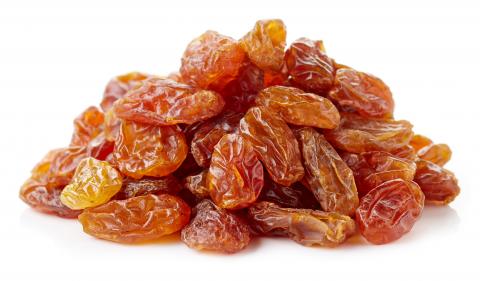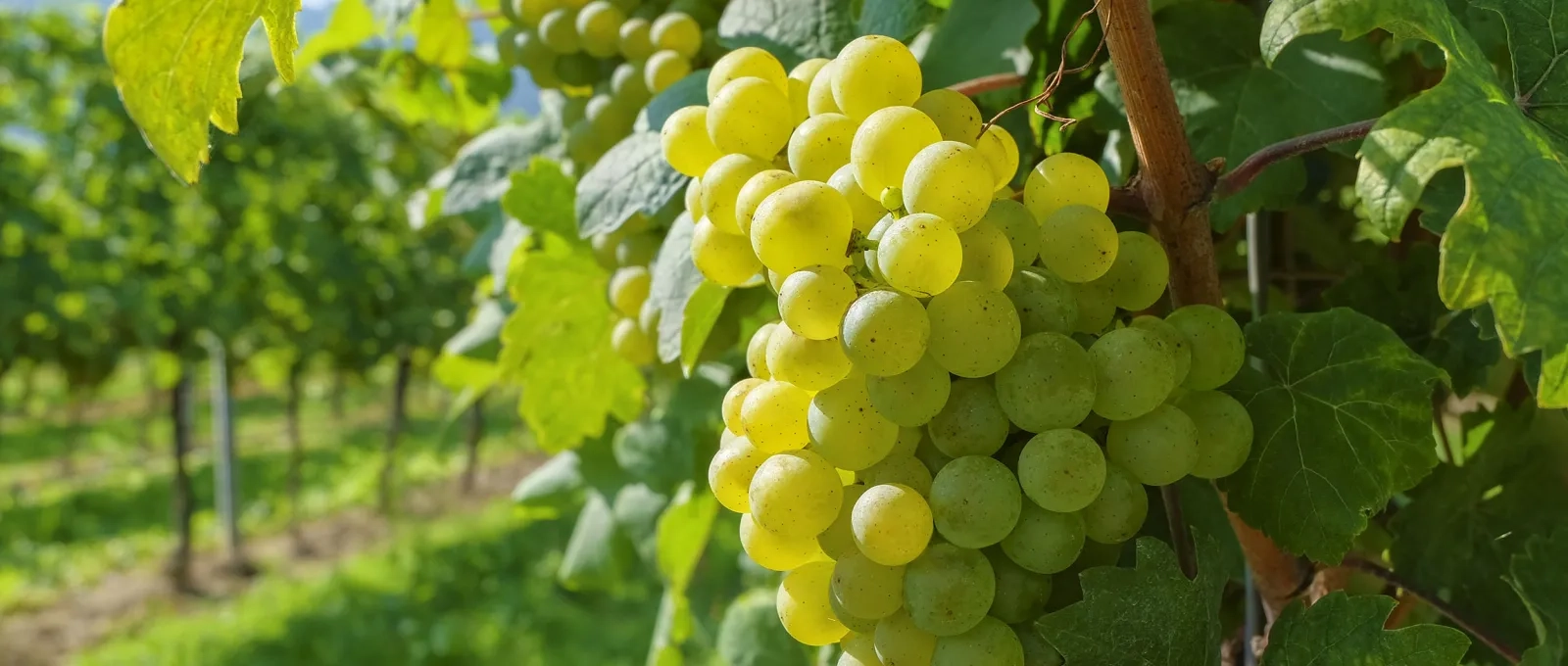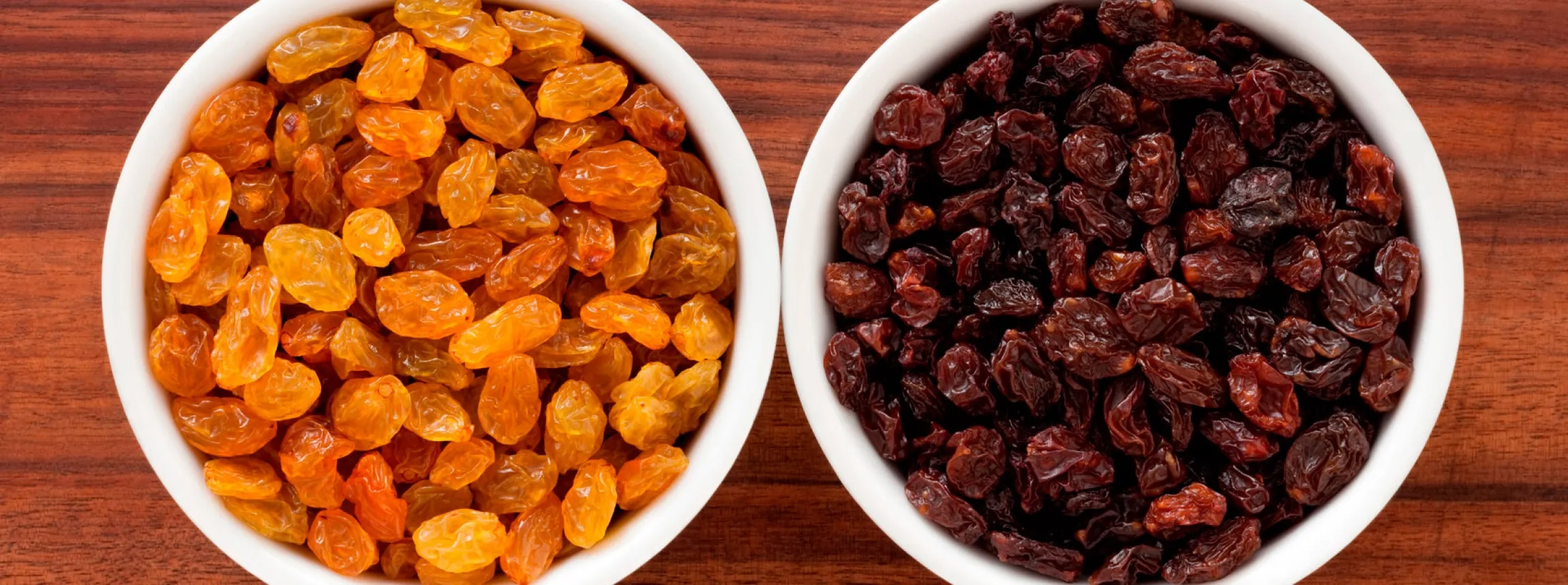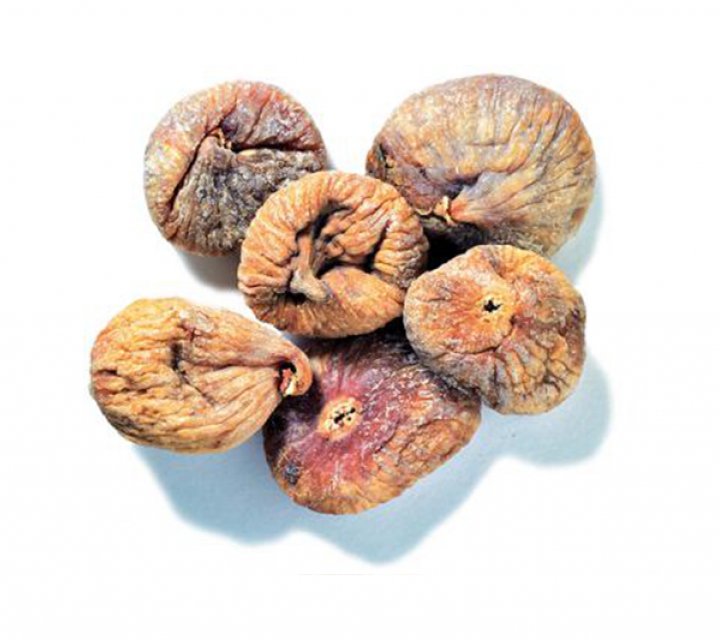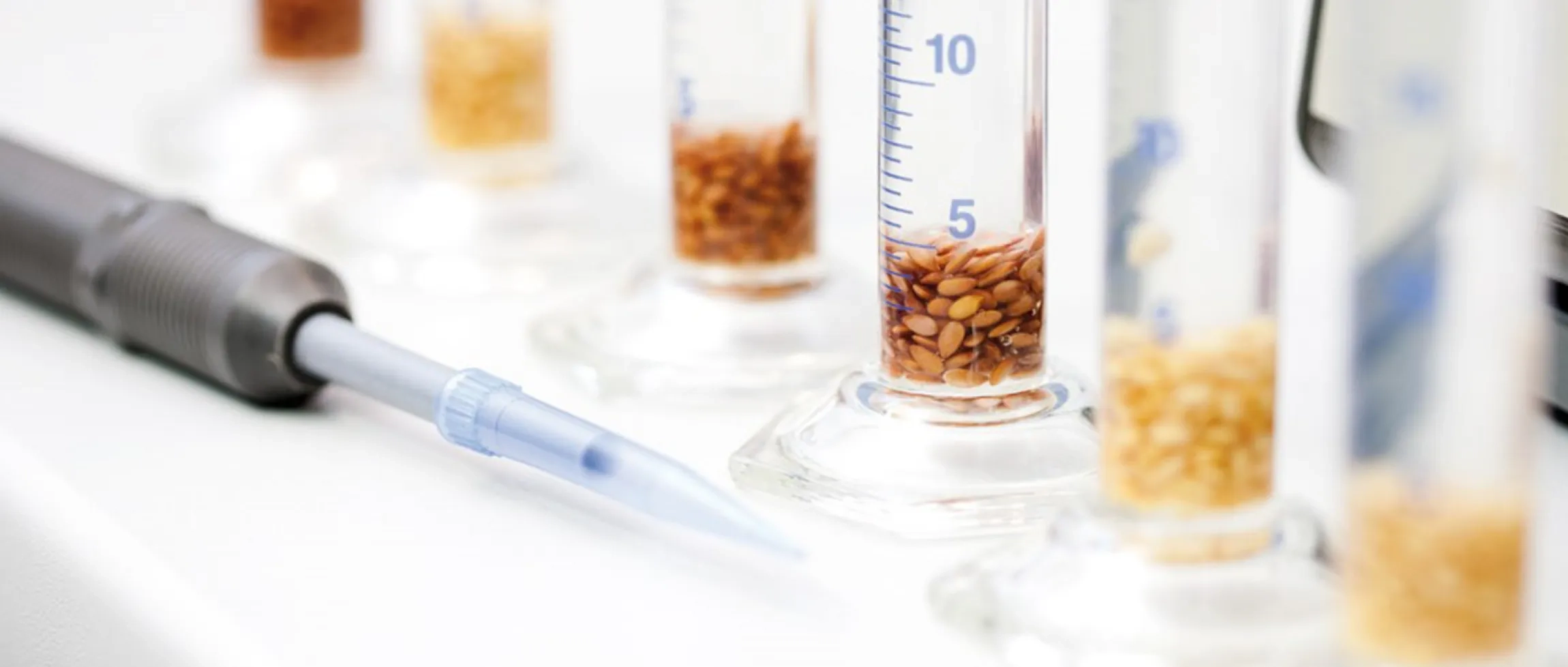Sultanas
China
Afghanistan
South Africa
Australia
Uzbekistan
southern hemisphere: February
sizes: Jumbo, standard, medium, small
Further qualities on request
All products are also available from certified organic cultivation.
For product specifications, please contact:
Dirk Elsmann (d.elsmann@keyaniyan.de)
Katrin Ohlhoff (k.ohlhoff@keyaniyan.de)
